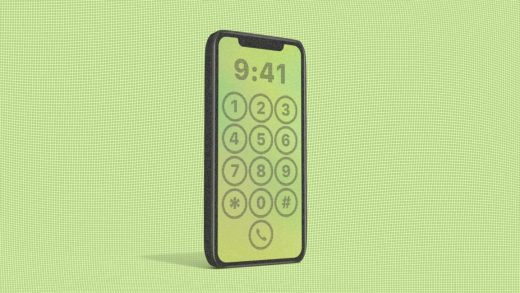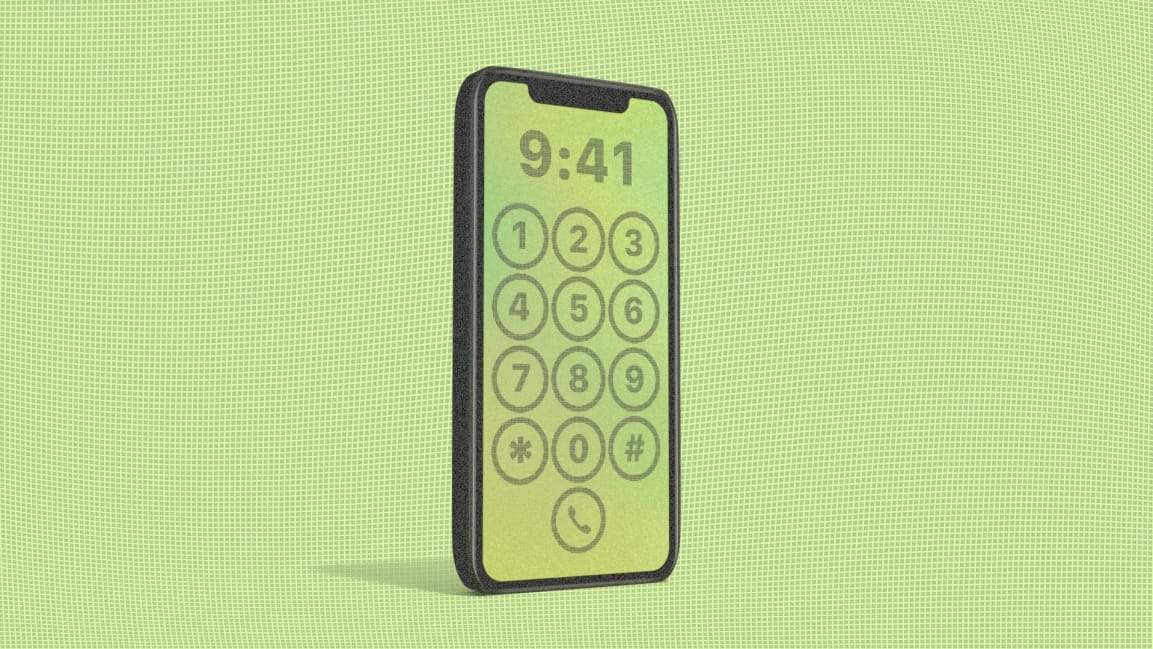The one dumb feature I wish Apple and Google would add to their phones
While most of us were mainlining eggnog over the holiday break, Essential, another supposed “iPhone killer,” bit the dust. The startup, which raised $300 million in funding and was helmed by Android founder Andy Rubin (until he took a leave of absence following revelations about an improper behavior probe during his time at Google), will no longer make its $500 smartphone.
Despite Essential’s untimely end, there is evidence that the market for “artisan” phones is growing–but crucially, the most successful of these phones aren’t trying to compete with Google or Apple at all. They’re “dumbphones.” Rather than going blow-for-blow with major smartphone makers, the value proposition is in the promise of less functionality. Punkt. Palm Phone. The rereleased Nokia 3310. These manufacturers seem to have carved out a small but sustainable niche as smartphone sales decline.
But the truth is that I don’t want to have to buy a dumbphone. The single feature I want most is a smartphone with a dumbphone mode.
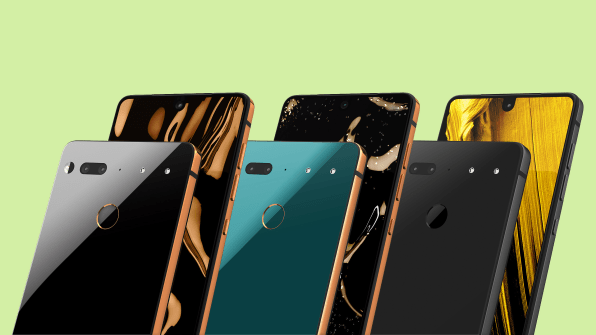
What would dumbphone mode do? Simple. It would turn your smartphone into a device for calls and texts. That’s it. Other apps would simply disappear from your screen so as not to tempt you to tap. And all that spyable data lurking deep in the OS–like GPS tracking–would be deactivated. As a result, you’d get the full dumphone experience without carrying another phone around.
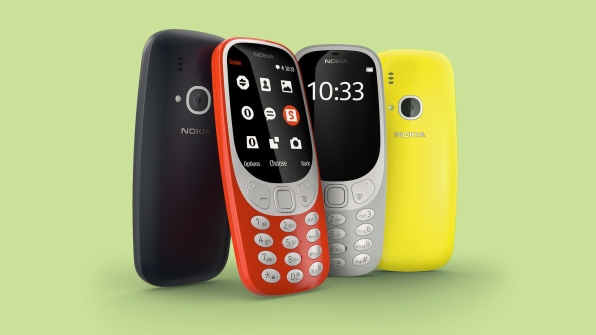
[Photo: Nokia]
I know, dumbphone mode probably sounds kind of stupid. But compared to the hazards of smartphones, it starts to make sense. Silicon Valley designed for every possible edge case, outfitting every phone with an armada of sensors and processors to tackle any problem at any moment. Need to find good sushi down the block? Better consult with satellites in outer space first! However, that digital Swiss army knife in our pockets comes with sorts of consequences: It diverts our attention from the world around us (making us measurably less happy), and it gives corporations unprecedented access to our private lives. Just pulling your phone from your pocket to text a loved one a few emoji requires immense mental fortitude, lest you get sucked down into the whirlpool of apps, ad trackers, and the psychic burden of what hundreds of other people think of your photo of dinner.
Most of us simply don’t have the luxury of giving up our smartphones. We need Slack, Gmail, and numerous social media platforms just to keep up with our day. Even off the clock, there are always those moments when we need directions somewhere or need an app to carry out a crucial real-world task. Living without a smartphone just doesn’t work, and dumbphones can’t suddenly turn smart when you need them to.
So the dumbphone turns into an extra phone, rather than a replacement phone. You can’t even get the Palm Phone on its own contract through Verizon–it’s a “companion phone” to your smartphone.
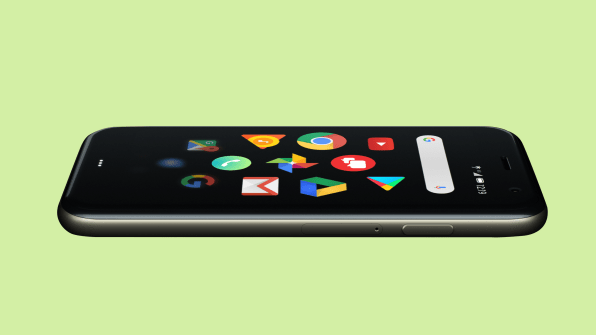
[Photo: Palm]
Meanwhile, the only way you can actually use your phone and be off the grid is by putting it into airplane mode–turning off the radios that connect it to cell towers and Wi-Fi hotspots, which, in turn, shuts off all the data, too. This solution is equivalent to cutting the power to your whole house just to turn off the living room lights. Apple and Google have both created tools to track and limit phone use, but their solutions attempt to change your behavior more than the phone’s capabilities. It’s a bitter irony: The only safe way to use your smartphone is to render it unusable. That just doesn’t make sense.
Which brings me to dumphone mode. I’ll capitalize it for extra trademarkability: Dumbphone ModeTM! With apologies to Essential’s talented design team, no one needs an iPhone or Galaxy alternative, no matter how beautiful or clever its industrial design may be. And nobody can survive with an actual dumphone unless they’re growing all their own food on some solar-powered farm in Montana.
But dumbing down your smartphone, on demand, could do a lot to bring back the intimacy that phones once excelled at providing–the ability to communicate with friends and loved ones one-on-one, without the rest of the world watching and vying for our attention.
(18)

